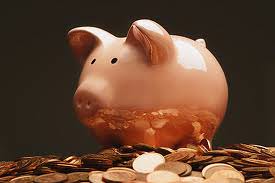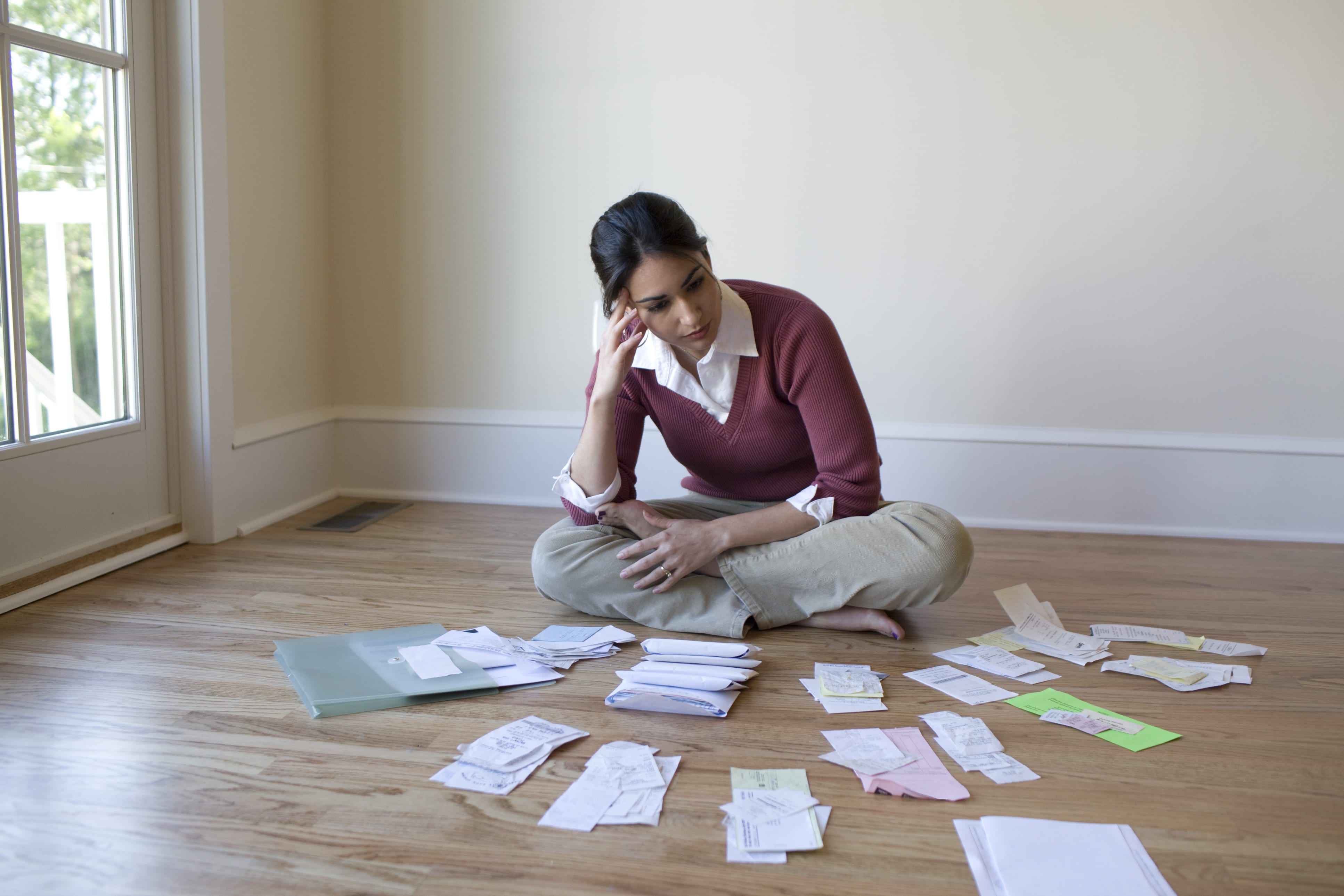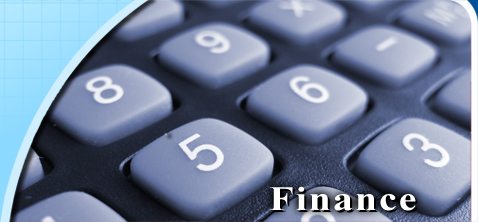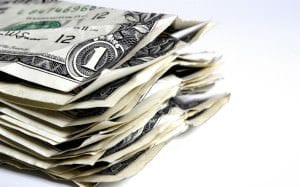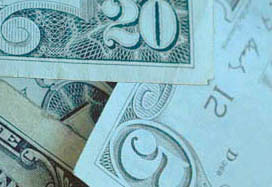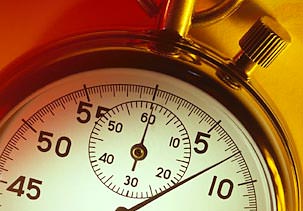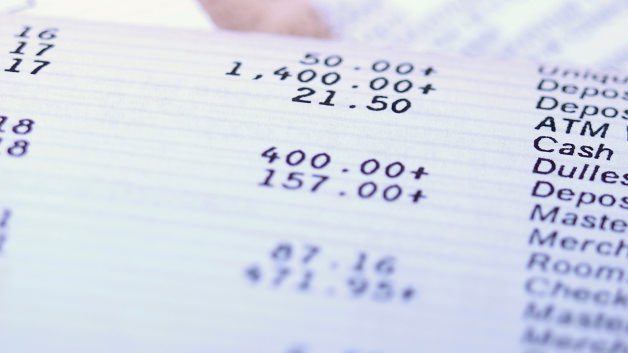 Unfortunately, many people are no longer taught how to manage their personal finances in school. However, managing your finances is trickier than ever, particularly with all the modern ways to spend money. Here are five simple tips to help you keep track of all your expenditures. They basically boil down to keep track of your money and don’t spend what you don’t need to.
Unfortunately, many people are no longer taught how to manage their personal finances in school. However, managing your finances is trickier than ever, particularly with all the modern ways to spend money. Here are five simple tips to help you keep track of all your expenditures. They basically boil down to keep track of your money and don’t spend what you don’t need to.
Five Tips to Managing Your Finances
Recording all your purchases is one of the most important parts of personal finance. Now that you can spend money in cash, check, credit card, debit card, over the Internet, money order, cashier’s check, and a multitude of other ways, it is important to keep track of all your expenditures directly. Instead of simply balancing your checkbook, write down all your purchases for that day in a booklet so that you can go over it later when figuring out how to minimize your expenses and where you spend your money.
Going over all your banking statements and credit card statements very carefully is also very important. Not only can overdraft charges add up very quickly but also there may be banking errors such as double charges and checks that don’t come through. Furthermore, the possibility of fraudulent transactions is also important to consider.
Spending within your means is also very important. Unless you are deep into retirement, do not spend your assets faster than you are making them. If you find yourself doing so, examine your spending carefully to minimize any unnecessary expenses; consider moving to a less expensive residence, downgrade your telecommunications plans, etc.
Pay your accounts in a timely manner to avoid incurring late fees or getting your credit dinged. This will allow you to save more money, now that you aren’t spending it on late fees or the increased cost of borrowing money.
Avoid paying for things you don’t need. Perhaps you have an unlimited minutes and data plan and a fancy cell phone, but all you use it for is calling your family to tell them you’re on your way home from work. Then you could downgrade your plan to cover only a few hundred minutes a month and save a hundred dollars a month. While a hundred dollars a month does not sound like an immense amount, over the course of a year, it adds up to over a thousand dollars. When buying things that are only temporarily gratifying, such as a soda or a coffee, consider putting the purchase off until tomorrow. If you buy a soda every other day instead of every day, that adds up to 180 dollars a year. If you buy a latte every other day, that could add up to 900 dollars a year.
The five tips presented here will be very helpful in managing your finances. They essentially amount to “Keep track of your money” and “Find where you can save money.” Just a little effort on your part can help you spend well within the limit of your salary. Spending within your financial limits can help you build wealth, which can make your later life much more comfortable.

